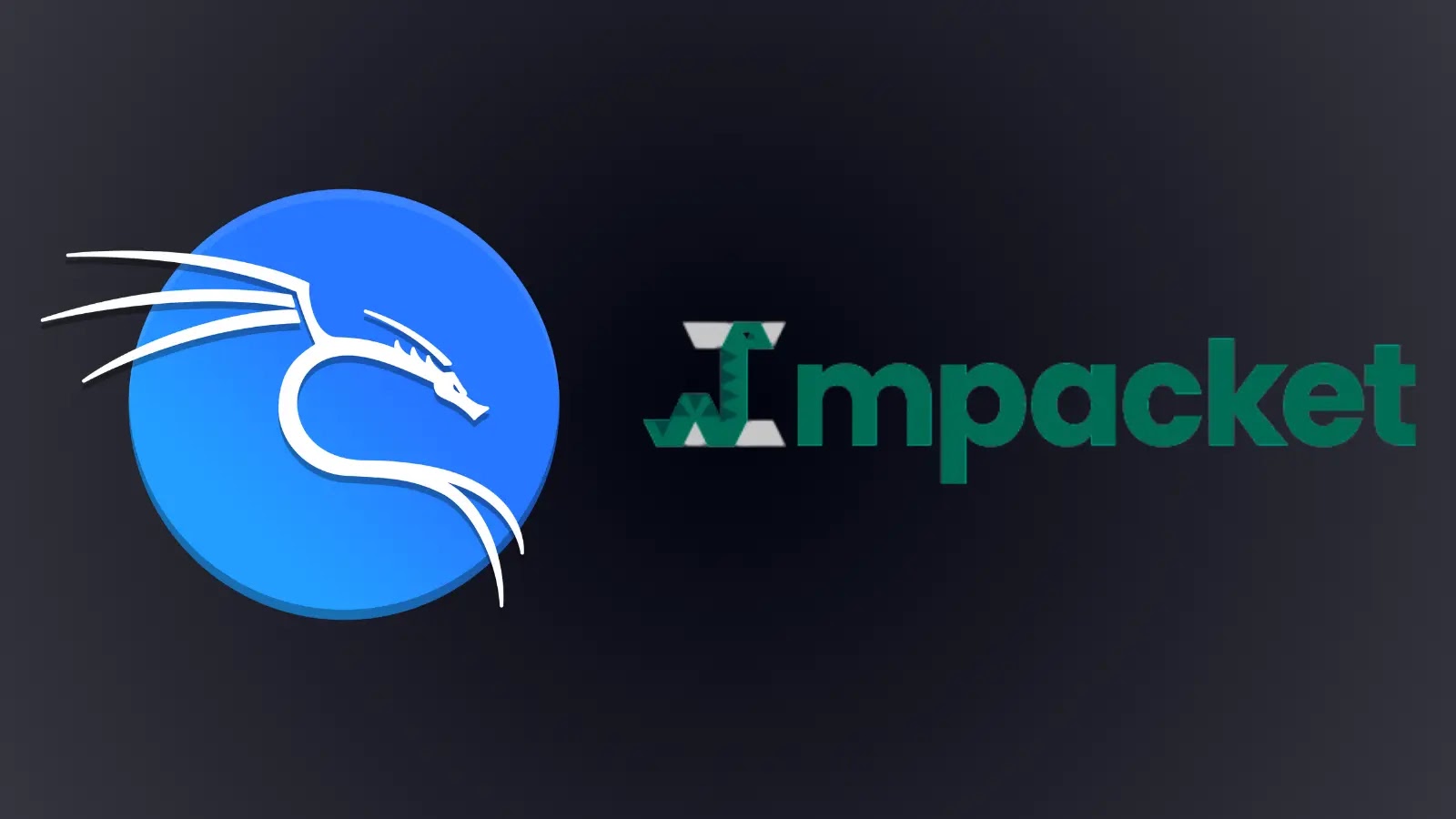
Impacket Tool in Kali Repo Upgraded With New Attack Paths and Relay Tricks
The cybersecurity landscape is in constant motion, demanding that our tools evolve just as rapidly as the threats they aim to counter. For penetration testers and red teamers, few toolkits are as indispensable as Impacket. A cornerstone in the arsenal for Windows network exploitation, Impacket has long earned its reputation for enabling sophisticated attack simulations. Now, exciting news from Fortra’s cybersecurity team indicates a significant upgrade to Impacket, already integrated into the Kali Linux repository. This isn’t just a minor patch; it’s a strategic enhancement promising new attack paths, refined relay capabilities, and bolstered protocol hardening, directly addressing long-standing community requests and streamlining red team operations.
Impacket’s Evolution: Addressing Community Demands
Impacket, maintained by Fortra’s cybersecurity team, has been a critical asset for emulating various network protocols and facilitating Windows domain compromise. The upcoming release, building upon version 0.12, demonstrates a commitment to responsiveness and innovation. This upgrade isn’t merely about adding new features; it’s about making the toolkit more adaptable and potent in the face of increasingly complex enterprise environments. The focus on enhancing relay capabilities and protocol hardening signifies a deeper understanding of modern network defense mechanisms and the need for more nuanced attack techniques.
Unpacking Enhanced Relay Capabilities and New Attack Paths
One of the most anticipated aspects of this Impacket upgrade is the significant improvement in its relaying capabilities. Network relay attacks, particularly those involving NTLM, remain a potent vector for domain compromise. The enhancements are expected to provide more robust and stealthy methods for credential relay, allowing testers to pivot more effectively within compromised networks. This could involve improvements in handling session signing, bypasses for enhanced protection mechanisms, and more sophisticated man-in-the-middle techniques. These new attack paths will empower security professionals to uncover vulnerabilities that might otherwise remain hidden, simulating real-world adversary tactics with greater precision.
Protocol Hardening and Scripting Tools: A Dual Benefit
Beyond offensive capabilities, the update also incorporates “protocol hardening.” While this phrase often implies defensive measures, in the context of a penetration testing tool, it likely refers to Impacket’s ability to interact with and exploit systems that have implemented stronger protocol security. This means the toolkit will be better equipped to bypass or exploit configurations where standard unhardened protocols might fail. Furthermore, the introduction of new scripting tools promises greater flexibility and automation for red team operations. Testers will be able to customize and integrate Impacket’s functionalities into larger, more complex attack chains, saving time and increasing efficiency during engagements.
Impact on Red Team Operations and Security Assessments
For red teamers, this Impacket upgrade is a game-changer. The streamlined operations and expanded capabilities will allow for more comprehensive and realistic attack simulations. It means spending less time on tool adaptation and more time on strategic thinking and execution. For organizations, it underscores the need to consistently re-evaluate their network security posture, particularly concerning NTLM relay protections, strong authentication enforcement, and protocol-level hardening. Testing with an upgraded Impacket will push a network’s defenses to their limits, identifying areas for critical improvement before malicious actors can exploit them.
Conclusion: Staying Ahead in Cybersecurity
The forthcoming upgrade to the Impacket toolkit in the Kali Linux repository is more than just a software update; it’s a reflection of the dynamic nature of cybersecurity. By enhancing relay capabilities, hardening protocol interactions, and introducing new scripting tools, Fortra is providing security professionals with a more potent and adaptable instrument. This development emphasizes the continuous need for both offense and defense to evolve. For organizations, this is a clear call to action: understand these new attack vectors, rigorously test your defenses with the latest tools, and continuously adapt your security strategies to stay ahead in the fight against cyber threats.





